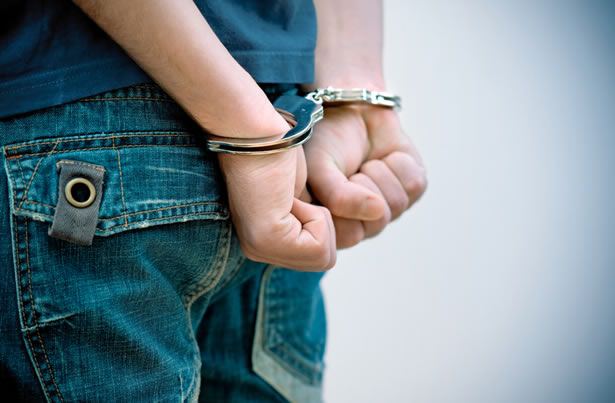In the last five decades, juvenile delinquency has become one of the major social problems faced by contemporary societies. It has become a painful reality nowadays, being in continuous increase in different types of law violations. The studies and statistics conducted in this domain emphasize a disturbing social drama which, paradoxically, has its roots in the family. Juvenile delinquency refers to the minor’s behavior contrary to law. Some common causes that lead to such behaviors are: school abandoning, lack of parental care and supervision, disorganized families, education discontinuity, bad entourage, the lack of permanent connection between school and family, alcohol and drug consumption.
No doubt, the family has a defining role in the minor’s lifestyle. Studies have shown that the tense atmosphere in disorganized families, ongoing parental conflict, lack of proper parental authority, lack of control and affection “encourage” teens to adopt antisocial behavior. Children who experience affection deficiencies are not capable of offering beautiful feelings; instead, they acquire an egocentric personality.
Usually, parents and siblings represent children’s role models. The development of children behavior follows the pattern of their parents. The family can represent a healthy educational environment or, on the contrary, it can generate behavior deviations. Parents who disrespect the law and the social norms are likely to have children who act the same way.
Sibling rivalry or different treatments between the children have negative impact on any child’s conduct. The lack of schooling represents an important cause of juvenile delinquency, too.

Minors who don’t receive a proper education are more prone to become involved in illegal conduct. School abandoning may appear due to poor economical status as well. Studies have shown that the majority of teens who face school failure come from poor families; most of these young people are also involved in child labor.
Young people are very much influenced by their social entourage, friends, even TV, mass-media or social networks. It is well known that children tend to consider even Hollywood stars their role models. But what happens when a famous and world wide known kid encourages children to drop out of school, on one of the most accessed social network? At 15, Jaden Smith, the son of actor Will Smith, tweeted two days about education and how “If everybody in the world dropped out of school, we would have a much more intelligent society.” He has 4.5 millions of fans on tweeter and he states that “School is the tool to brainwash the youth!”Surely, between those millions of fans, there will be children actually dropping out of school.
However, if a kid who is not in direct contact with the others has so much influence power on them, imagine how important the actual social entourage of youngsters can be!
Moreover, race discrimination plays an important part in both dropping out of school and juvenile delinquency. According to some researches, Hispanics and African Americans are more likely to drop out of school. White and Asian American students are at lower risks to drop out.
Substance abuse is linked to the majority of juvenile delinquency cases. We can identify two different patterns of action in nowadays society. Comparing to the last decades, first of all, juveniles are now using more powerful drugs. Second of all, juveniles begin using drugs at a more early age.
The use of drugs and alcohol determine teens to engage in harmful activities; the main law violation is the theft (money for drug purchasing).
Societies have come up with several ideas in order to prevent juvenile delinquency. One idea is to create programs that help prevent children from committing crimes. These programs focus on avoiding drug use or gang involvement, or on early education, on therapeutic help given to families, and so on.
They have some success but unfortunately, they can’t reach all the children in need of help. Such programs can be successfully implemented in schools. Another good idea in order to fight against juvenile delinquency was establishing organizations and programs that provide support to those who want to get out from gangs, as well as to those who have friends or family members involved in gang activities.
The law forces are also developing prevention programs, such as: enforcing underage drinking law- local jurisdictions try to make sure that the laws prohibiting selling alcohol to minors are respected; the gang reduction program – reduces gang activity in certain neighborhoods, and so on.
Teenage crime is trialed by courts; however, teen punishments differ from adult ones. Also, it is thought that parents, teachers and friends are also responsible for the teenager who committed the crime. Youngsters are rarely convicted to jail. This happens only in extremely serious cases. For example, there are 73 people on death row in the United States who were 16 or 17 years old when they committed the crimes. But in most cases, teenagers are included in rehabilitation programs and receive community work.